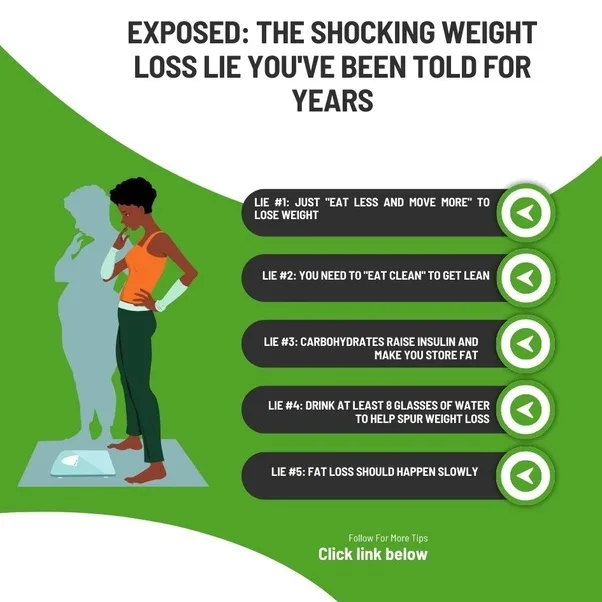Unmasking Fat Loss Myths
The Underground Fat Loss Manual Information Page offers a provocative and unconventional approach to weight loss, challenging commonly held beliefs and presenting alternative strategies.
Written by Matt Marshall, the page begins by debunking five prominent fat loss lies perpetuated by the diet industry. Marshall, a self-proclaimed regular guy who stumbled upon a weight loss conspiracy, presents his findings in a straightforward and engaging manner.
One of the strengths of the page is its use of research and scientific studies to support its claims. Marshall effectively integrates studies and experiments to validate his arguments, such as the research on the ineffectiveness of the “eat less, move more” mantra and the impact of carbohydrate consumption on fat loss.

The narrative style employed by Marshall helps to humanize the information, making it relatable to readers. Personal anecdotes and experiences are woven throughout the text, adding authenticity and credibility to the content.
Marshall’s journey from frustration with traditional weight loss methods to the discovery of alternative approaches adds depth to the narrative and strengthens his argument.
However, the page could benefit from a more balanced presentation of perspectives. While Marshall convincingly challenges mainstream weight loss advice, acknowledging potential criticisms and counter arguments would enhance the credibility of the content.
Additionally, providing more context on the removed Chapter 13 and addressing any potential concerns or controversies surrounding its exclusion would help to clarify the decision for readers.
Overall, the Underground Fat Loss Manual Info Page offers a thought-provoking and unconventional perspective on weight loss, supported by research and personal insights.
Marshall’s bold approach challenges readers to rethink their approach to fat loss and consider alternative strategies for achieving their goals.







